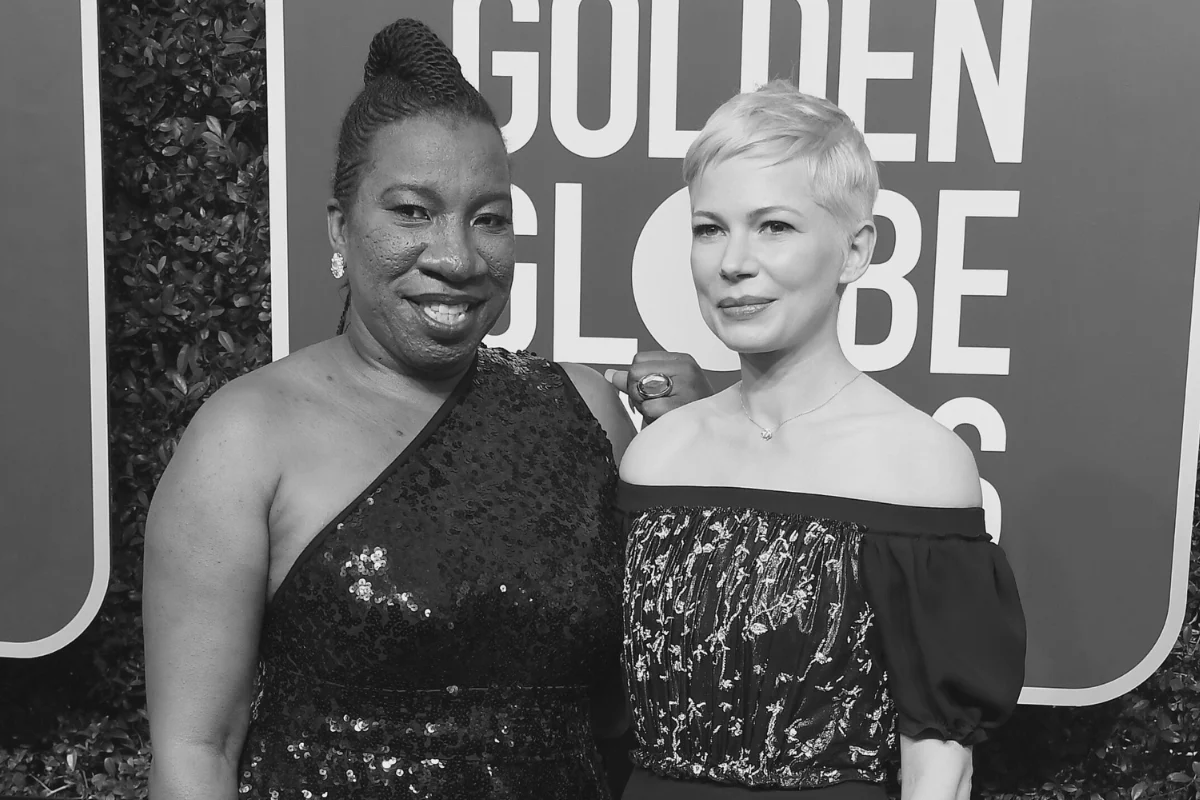
After nearly two months of testimony, the trial of Sean " P. Diddy" Combs concluded last Wednesday, with a mixed verdict. The jury acquitted the music mogul of the more serious charges of sex trafficking and racketeering conspiracy. However, he was found guilty on two counts of transportation to engage in prostitution, each carrying a potential sentence of up to 10 years in prison.
While many outside the court expressed disappointment at the verdict, Principal solicitor from Newham Legal, Sophie Newham, says the finding came down to how prosecutors chose to charge Combs.
"It does demonstrate the issue in a lot of criminal cases — it's ultimately up to the prosecutors as to what charges they proceed with," she told Mamamia's news podcast The Quicky.
"In this case, they were proceeding with the prostitution, the sex-trafficking types of crimes as opposed to physical assaults or sexual assaults. So, I think that's why a lot of people are outraged by seeing these acts and not quite understanding how he was found not guilty."
Cassie Ventura, the music producer's ex-wife and the woman at the centre of allegations, was reportedly satisfied with the result. Her lawyer, Douglas H. Wigdor, issued a powerful statement, saying Cassie "paved the way" for the two guilty prostitution-related verdicts.
"This entire criminal process started when our client Cassie Ventura had the courage to file her civil complaint in November 2023," he said in a statement, per ABC News.
"We can't forget that he has been found guilty of two very, very serious offences against women," Newham said. "I think that gives some confidence that the Me Too movement is still alive."




























































































